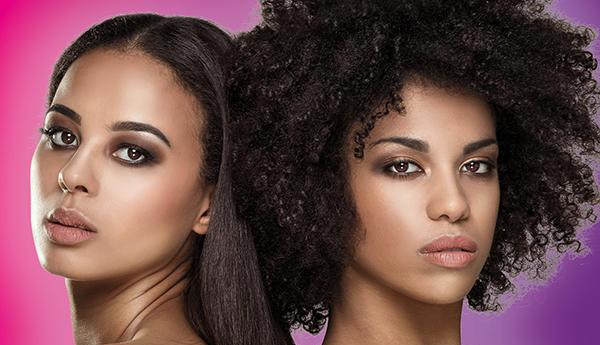Beauty industry: History of the beauty industry, how the beauty industry has evolved over the years, the business of beauty, ethical issues in beauty, sustainability in the industry.
The beauty industry has a long and fascinating history that dates back thousands of years. From ancient times to the modern day, people have been using beauty products to enhance their appearance and express themselves.
Over the years, the beauty industry has undergone significant changes, with new trends also products emerging, and ethical and sustainability issues becoming increasingly important.
The history can be traced back to ancient Egypt, where women used kohl and other makeup products to enhance their eyes and protect them from the sun. In ancient Greece, beauty was also highly valued, with women using lead and other toxic substances to whiten their skin.
In medieval Europe, beauty products were often made from natural ingredients such as flowers and herbs, but the use of toxic substances such as mercury was also common.

The modern beauty industry as we know it today began to take shape in the early 20th century, with the emergence of mass-produced cosmetics and the rise of advertising. Women’s magazines and advertisements helped to popularize beauty products, and companies such as Estée Lauder and Revlon became household names.
In the 1960s and 70s, the beauty industry underwent a major transformation, with the rise of the feminist movement and a focus on natural beauty. Women began to reject traditional beauty standards and embrace their own unique beauty, leading to the popularity of natural and organic beauty products.
In recent years, the industry has continued to evolve, with new trends and products emerging. The rise of social media culture has an impact, with bloggers and Instagram stars influencing trends and driving sales.
The business of beauty is a multi-billion-dollar industry, with a wide range of products and services available. From skincare and makeup to hair care and fragrances, beauty offers something for everyone.
The industry is highly competitive, with new products and brands entering the market all the time. To succeed in the beauty industry, companies stay ahead of the trends and innovations to change consumer preferences.
However, beauty also faces a range of ethical issues. Animal testing has long been a controversial issue, with consumers and advocacy groups calling for an end to the practice.
In recent years, many beauty companies have made commitments to end animal testing and also use only cruelty-free ingredients.
The beauty industry also faces issues related to diversity and inclusivity. For many years, beauty companies focused primarily on white, thin, and conventionally attractive models in their advertising and marketing.
However, there has been a push for greater diversity in the industry, with companies featuring models of different aspects.
Sustainability is another important issue in the industry. With growing concern about plastic waste environmental issues, many beauty companies are exploring ways to reduce their environmental footprint.
This includes using more sustainable ingredients, reducing packaging waste, also adopting more sustainable manufacturing processes.
Conclusion
The beauty industry has a long and fascinating history, with new trends and products emerging over the years. The industry is highly competitive, and must constantly adapt to changing consumer preferences and stay ahead of the latest trends.
However, the industry faces ethical companies that work to address this in order to remain successful in the long term.
By embracing diversity and inclusivity more sustainable practices beauty can continue to thrive in the years to come. 바카라사이트
I was very pleased to find this site. I wanted to thank you for your time for this particularly wonderful read!! I definitely savored every little bit of it and i also have you book-marked to see new stuff in your site.